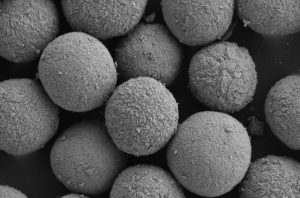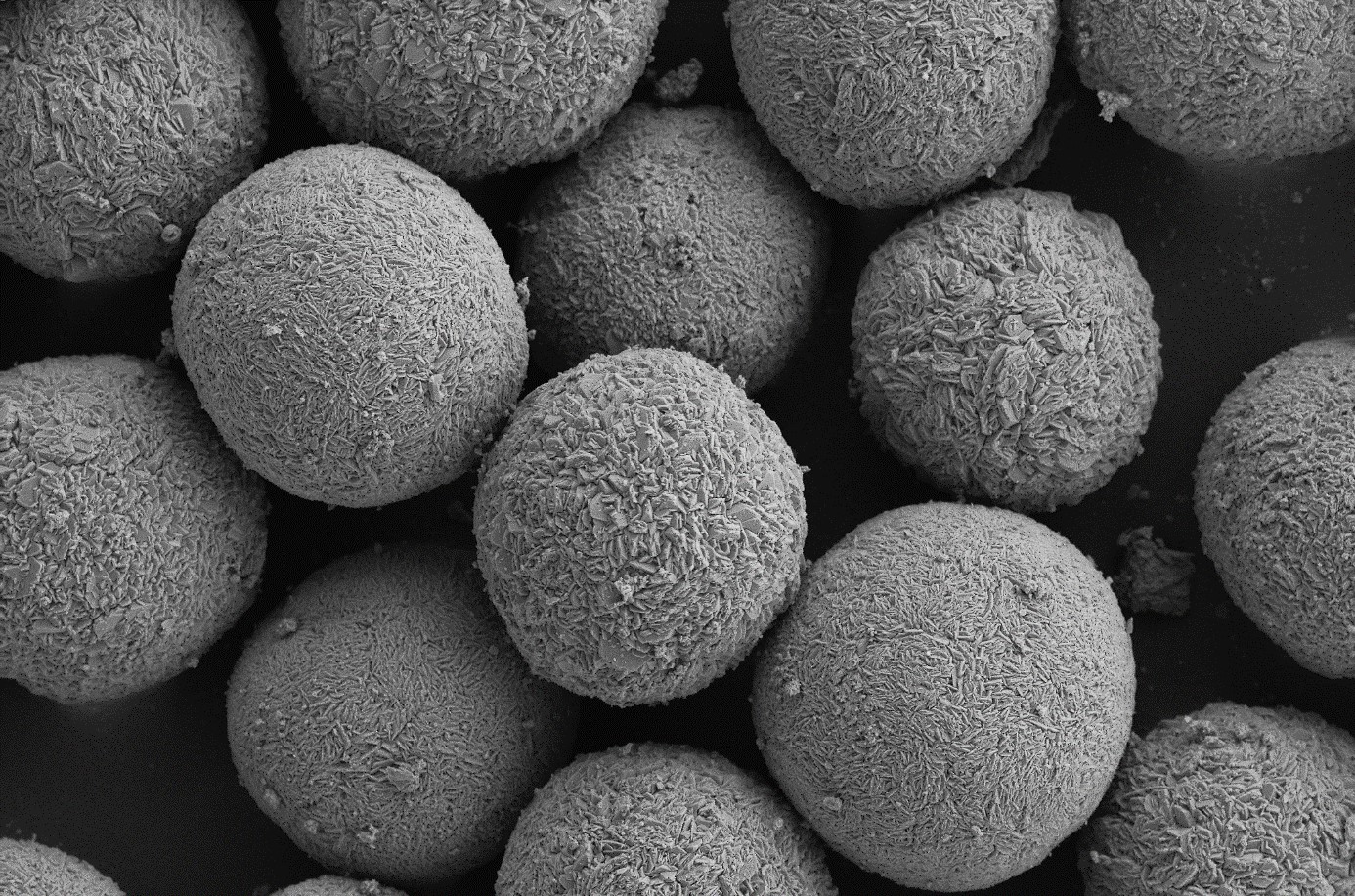With the large-scale project Powder-Up!, the Centre for Solar Energy and Hydrogen Research Baden-Württemberg (ZSW) is building a pilot plant in Ulm over the next few months to produce high-performance cathode materials for future generations of lithium-ion batteries. The Federal Ministry of Education and Research (BMBF) is funding Powder-Up! with around 20 million euros.
Whether the energy density, service life, costs or safety of lithium-ion batteries: the materials in the cathode play a decisive role in determining all these properties. A key to staying ahead of the international competition is therefore the rapid availability of the latest cathode materials – and in large quantities. With the large-scale project Powder-Up!, the Centre for Solar Energy and Hydrogen Research Baden-Württemberg (ZSW) in Ulm is building a pilot plant to produce such high-performance cathode materials for future generations of lithium-ion batteries. These materials can be produced in the Powder Up! plant in quantities of up to 100 kilograms. Scientific partners in Germany and Europe, but also partners from industry, will be able to use these cathode materials in the future for use on their pilot plants. This closes a serious gap in the scientific landscape in Germany.
“Currently, next-generation cathode materials are not produced on an industrial scale in Germany. It is therefore almost impossible for universities and research institutions to use such materials in research work on high-performance batteries,” says ZSW board member and head of the Electrochemical Energy Technologies Division in Ulm, Prof. Markus Hölzle. “Powder-Up! will close this gap.”
From metal salt to cathode powder
With the Powder-Up! project, the ZSW researchers are setting up a pilot plant for upscaling the synthesis of customised cathode materials from 1-kilogram to 10-kilogram and 100-kilogram scales. The materials will then be made available to research and industrial partners for cell development.
The established large-scale process chain of cathode material production with its complex sub-steps will be fully mapped: From the production of a so-called precursor to the precipitation reaction of, for example, nickel or cobalt salts with sodium hydroxide solution and the further processing of this precursor with lithium salts at temperatures of up to 1,000 degrees Celsius to the final surface post-treatment of the end product.
Each individual step is decisive for the quality of these materials. Only industry-proven machines are used in Powder-Up! to guarantee powder production under industry-like conditions. These machines cover the complete process chain, but also enable research work on individual production steps. They are complemented by first-class analytics as well as fast data acquisition and processing to ensure the highest quality standards.
The ZSW has been researching functional materials for batteries and supercapacitors for over 30 years and is therefore familiar with the development of customised powders and pastes. In addition, the research institute knows the interrelationships of structure and powder morphology with regard to desired functional and processing properties.
New battery materials essential for competitiveness
High-performance lithium-ion batteries are the decisive building blocks in electric cars or for intelligent electricity storage in industry and households. In order for Germany as a business location to be able to successfully hold its own against Asian competitors in battery development and production, the latest research results must be promptly implemented in products. For this, the rapid availability of the latest active materials is imperative, because first-class cells can only be realised with better materials.
Powder-Up! develops and supplies customised cathode powders for process development as well as data for optimising all production steps. The research project, which is funded by the Federal Ministry of Education and Research (BMBF) with 19.77 million euros, will start in December 2021 and last for two years.

